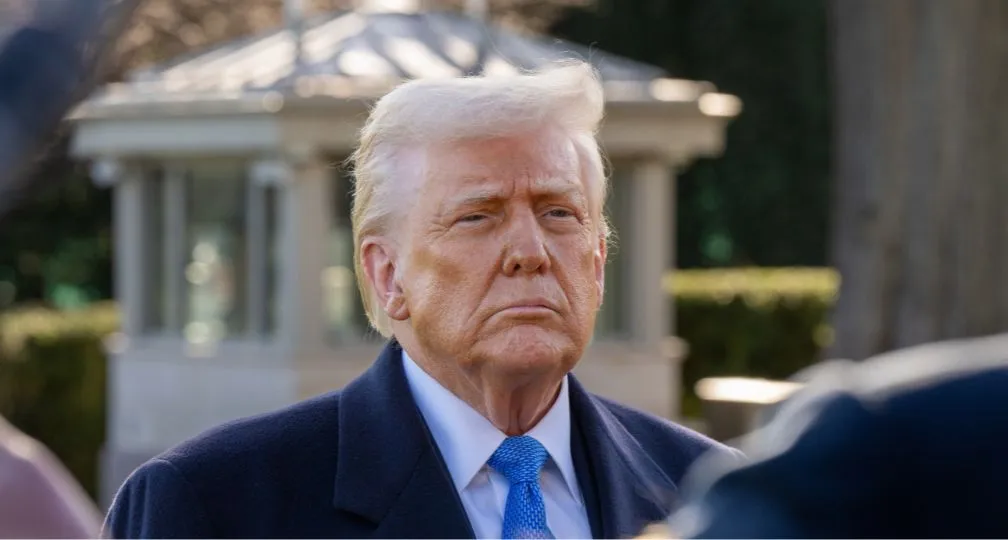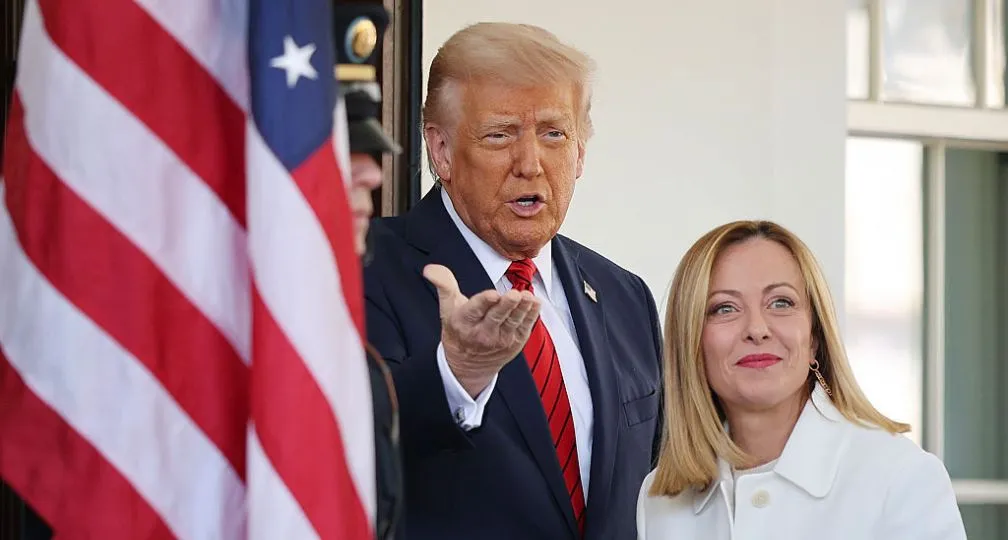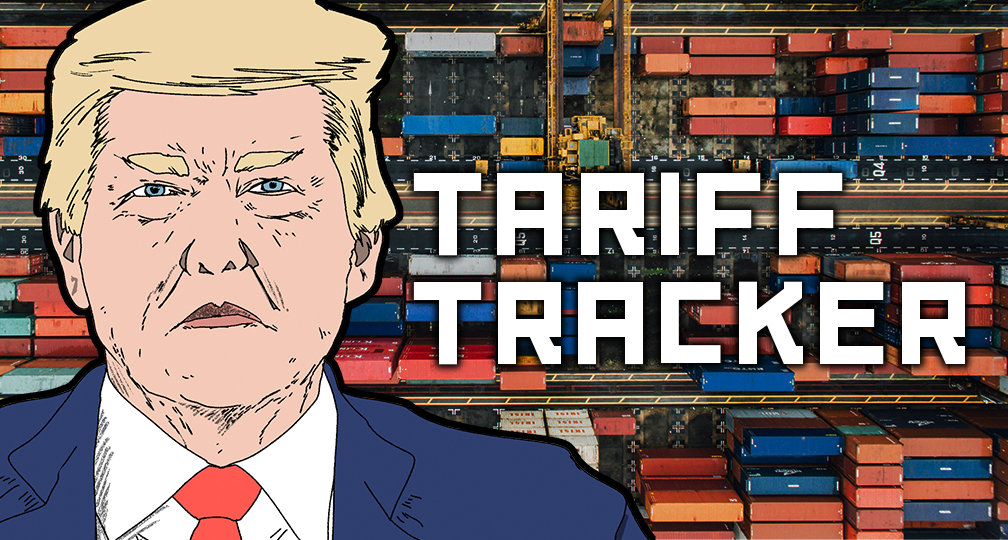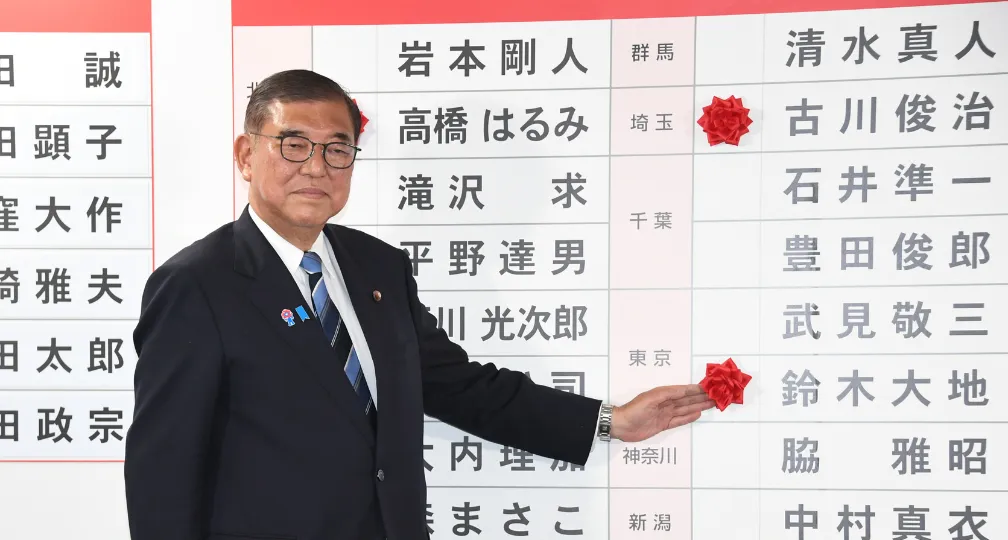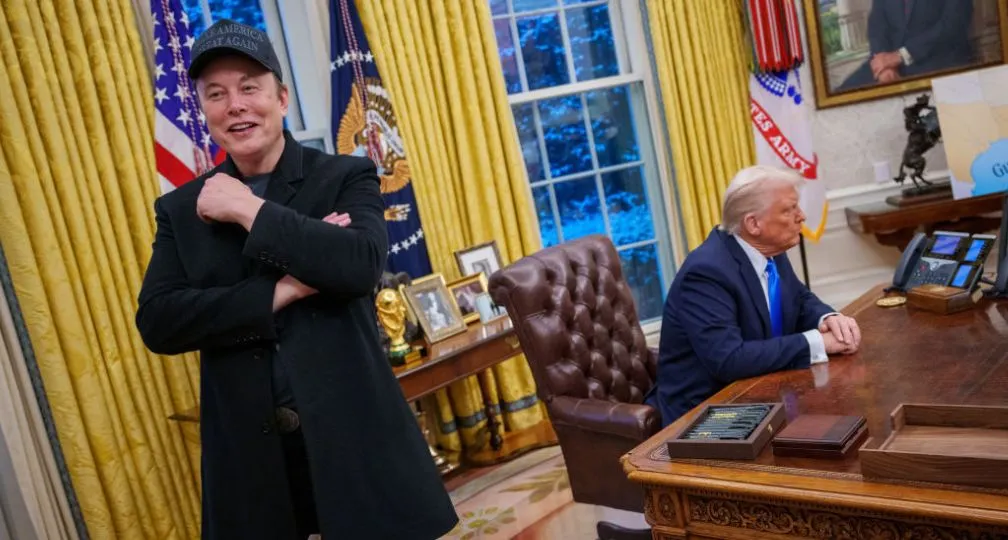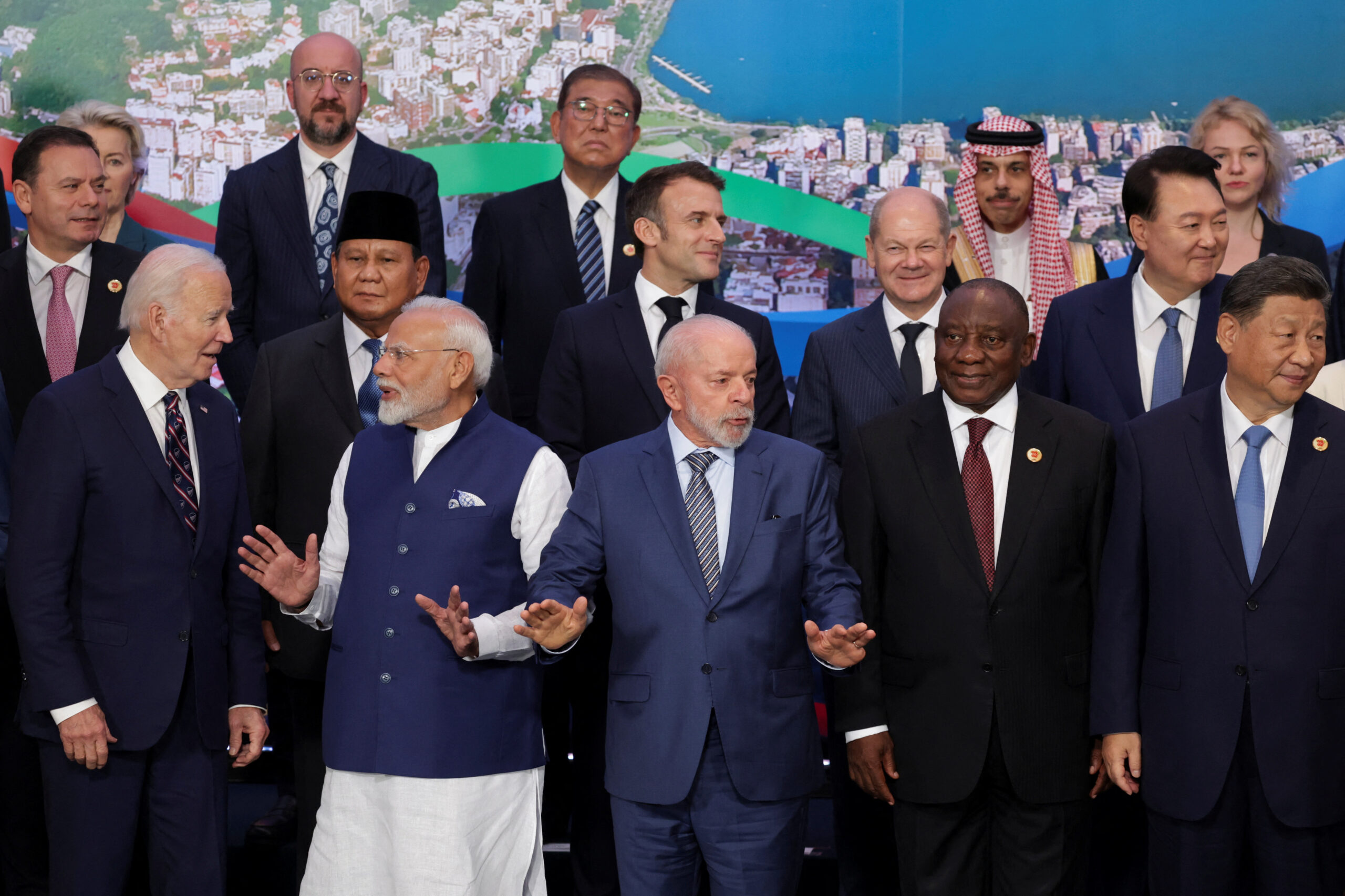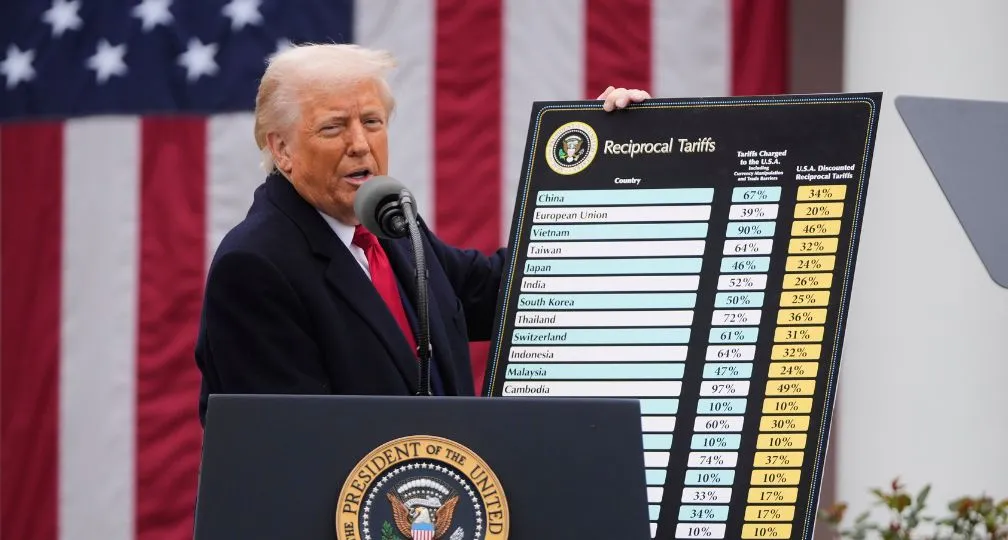Democracy is on tenuous ground this ‘election year’
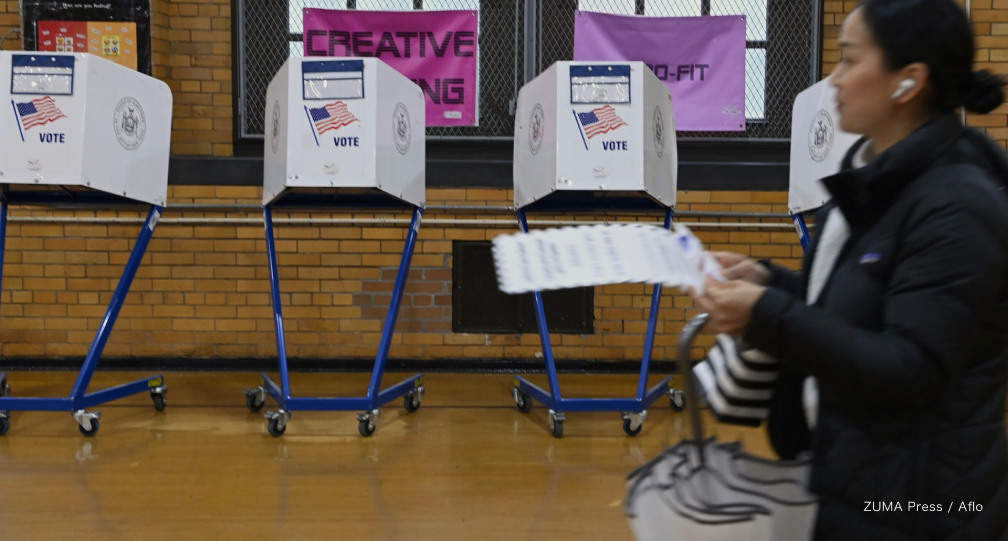
As authoritarian regimes gain momentum globally, the report also highlights how we are approaching a major historical turning point. A key issue is how several countries that have undergone a process of democratization and hold regular elections are becoming increasingly authoritarian.
For example, Georgia recently adopted the law on “transparency of foreign influence,” known as the “Russia law,” which labels organizations and media that receive a certain amount of foreign funding as, effectively, spies. This is a setback for Georgia’s democracy and could significantly impact the country’s prospects of joining the European Union.
This “election year,” with voters going to the polls in many parts of the world, could bring further democratic backsliding. The outcome of the presidential poll in the United States in November will be especially consequential in shaping world history — with the potential that the electoral process itself, not only the result, will be destabilizing. Alleged interference by Russia and other countries in Western elections has shaken democracy to its core.
But why has democracy been regressing? First, it does not necessarily translate into economic growth or better living conditions. After undergoing a process of democratization, many countries have struggled with political corruption, internal divisions and other issues leading to widespread discontent.
Secondly, the influence of authoritarian regimes such as China and Russia has expanded — for example, there is a tendency for countries seeking stronger relations with China for economic reasons to cede ground to authoritarianism.
Spheres of influence
Russia considers the presence of friendly regimes in neighboring states as a cornerstone of its security strategy. Moldova, a former Soviet country currently led by a pro-Western government, will hold a referendum on EU membership and a presidential election later this year. Moscow, which wants to bring Moldova back into its orbit, is suspected of trying to install a pro-Russian regime: Moldovan President Maia Sandu has accused it of attempting to overthrow the government.
Russian President Vladimir Putin has often complained that Moscow’s regional power was significantly reduced following the breakup of the Soviet Union and the Kremlin has embarked on a strategy to revive its former sphere of influence since it launched its full-scale invasion of Ukraine in 2022.
Seeing an opportunity in Moldova’s upcoming election, Moscow is using economic pressure and influence tactics to undermine the Sandu government — with fake videos made using artificial intelligence making the impact all the more severe.
Ukraine, Moldova and Georgia were all once Soviet nations, but are now members of the United Nations and independent sovereign states. The question dividing them is whether to favor democracy or Russia’s desire to restore its sphere of influence. Depending on which of these paths prevails, the future of the Eurasian continent will look very different.
Russia is trying to establish pro-Moscow regimes in neighboring countries even if this means seriously undermining democracy and trampling on people’s will. This is a very different type of international order than that promoted by Freedom House, based on democracy as a universal value, and by the EU and NATO, which have sought to expand democracy, freedom, human rights and the rule of law since the end of the Cold War.
Even if a cease-fire agreement is soon reached between Russia and Ukraine, the conflict will significantly impact the future shape of the region — with the likelihood that it will become a source of instability. In that sense, the first real test may be the referendum and presidential election in Moldova.
Resilient democracy
Concerns about democracy are equally acute in India. General elections were held in the world’s largest democracy, with 970 million registered voters, for a month and a half before results were announced on June 4.
India is expected to become the world’s third-largest economy by 2027, behind the U.S. and China. Given that Washington and Beijing’s interests are at odds and given the Global South’s growing importance, the strategic value of partnering with India is increasing. Both the U.S. and Japan have placed particular emphasis on cooperation with India in recent years through “the Quad” framework, which also includes Australia.
Concerns over a weakening of democracy and a strengthening of authoritarianism in India under Prime Minister Narendra Modi have been mounting, but in the recent vote, the ruling Bharatiya Janata Party lost seats — demonstrating the resilience of Indian democracy, as the presence of a strong opposition is an essential element of representative systems.
Similarly, in South Africa, which is celebrating 30 years since the end of apartheid and the holding of all-race elections, the ruling African National Congress lost its majority for the first time since it came to power when white supremacist rule ended in the country.
Many South Africans, who are struggling with high rates of corruption, unemployment and crime, voted against the incumbent party. This way, South African democracy has also demonstrated its resilience, despite political instability. And the way that both South Africa and India conduct their foreign policies will have a major impact on world affairs, given their central role in the Global South.
Yet, in its annual Democracy Report 2024, published in March, independent Swedish research institute V-Dem notes that last year’s liberal democracy index fell back to the same level as 1985, when the Cold War was still raging. Optimism about the expansion of liberal democracy after the collapse of the Soviet Union has now largely dissipated.
Muddled political systems
Today, it is difficult to classify democracy and authoritarianism as entirely separate. The world is a mix of countries in which democracy is in retreat and of authoritarian regimes that are holding elections, and the line separating these political systems is becoming increasingly blurred — not only in India but in other G20 countries, such as Turkey.
In the past, the top ranks of the world’s major economies were dominated by democracies such as the U.S., Japan and Germany. By 2027, the top three countries will be the U.S., China and India. And the world could slide even further toward authoritarianism if former U.S. President Donald Trump, who often attacks democratic values and the rule of law, wins the election and if populist far-right parties gain ground elsewhere.
For its part, the Japanese government has sought to strengthen its relationship with Global South countries and has therefore refrained from emphasizing the value of democracy more than in the past. It is against this global backdrop that the third Summit for Democracy was held in Seoul in March, during which the value of a more flexible and pluralistic model of democracy was emphasized. To adjust to such trends, Tokyo must pursue a more adaptable and inclusive foreign policy.
[Note] This article was posted to the Japan Times on July 29, 2024:
https://www.japantimes.co.jp/commentary/2024/07/29/japan/world-democracy-backsliding-authoritarianism/

Geoeconomic Briefing
Geoeconomic Briefing is a series featuring researchers at the IOG focused on Japan’s challenges in that field. It also provides analyses of the state of the world and trade risks, as well as technological and industrial structures (Editor-in-chief: Dr. Kazuto Suzuki, Director, Institute of Geoeconomics (IOG); Professor, The University of Tokyo).
Disclaimer: The opinions expressed in Geoeconomic Briefing do not necessarily reflect those of the International House of Japan, Asia Pacific Initiative (API), the Institute of Geoeconomics (IOG) or any other organizations to which the author belongs.
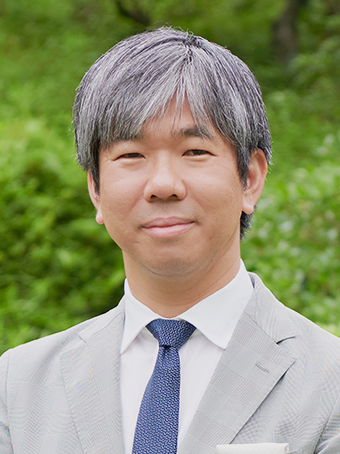
Director, International House of Japan

Group Head, Europe & Americas,
Director of Research, Asia Pacific Initiative
Director, International House of Japan
Yuichi Hosoya is professor of international politics at Keio University, Tokyo. Professor Hosoya was a member of the Advisory Board at Japan’s National Security Council (NSC) (2014-2016). He was also a member of Prime Minister’s Advisory Panel on Reconstruction of the Legal Basis for Security (2013-14), and Prime Minister’s Advisory Panel on National Security and Defense Capabilities (2013). Professor Hosoya studied international politics at Rikkyo (BA), Birmingham (MIS), and Keio (Ph.D.). He was a visiting professor and Japan Chair (2009–2010) at Sciences-Po in Paris (Institut d’Études Politiques) and a visiting fellow (Fulbright Fellow, 2008–2009) at Princeton University. [Concurrent Position] Professor, Faculty of Law, Keio University
View Profile-
 Japan’s Space Domain Defense Guidelines: Background, Key Features, and Policy Implications2025.08.14
Japan’s Space Domain Defense Guidelines: Background, Key Features, and Policy Implications2025.08.14 -
 Will Trump’s tech policies propel U.S. success against China?2025.08.08
Will Trump’s tech policies propel U.S. success against China?2025.08.08 -
 The “Reciprocal” Tariffs Are Now in Effect – But for How Long?2025.08.07
The “Reciprocal” Tariffs Are Now in Effect – But for How Long?2025.08.07 -
 The rift between Trump and the EU: can Italy’s Meloni become a bridge-builder?2025.08.06
The rift between Trump and the EU: can Italy’s Meloni become a bridge-builder?2025.08.06 -
 Tariff Tracker: A Guide to Tariff Authorities and their Uses2025.08.06
Tariff Tracker: A Guide to Tariff Authorities and their Uses2025.08.06
 Japan’s Upper House Election: Political Fragmentation and Growing Instability2025.07.25
Japan’s Upper House Election: Political Fragmentation and Growing Instability2025.07.25 Why the EU economy faces hard choices between Trump and China2025.07.24
Why the EU economy faces hard choices between Trump and China2025.07.24 The “Reciprocal” Tariffs Are Now in Effect – But for How Long?2025.08.07
The “Reciprocal” Tariffs Are Now in Effect – But for How Long?2025.08.07 Japan needs to take the quantum-technology leap2025.07.09
Japan needs to take the quantum-technology leap2025.07.09 DOGE Shock and Crisis in U.S. Credibility2025.07.14
DOGE Shock and Crisis in U.S. Credibility2025.07.14




